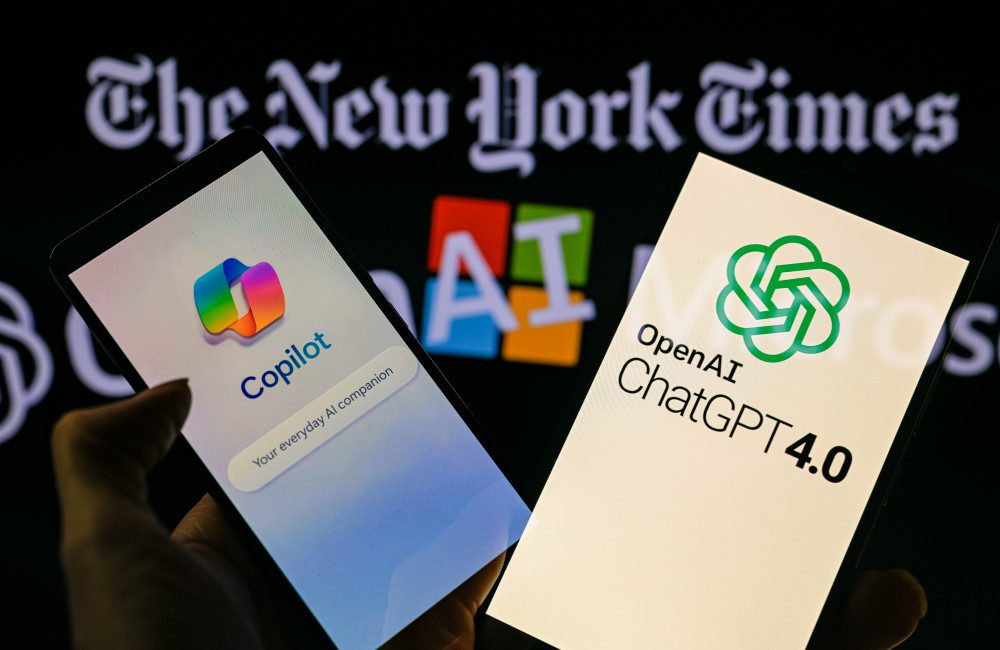The New York Times has initiated legal action against ChatGPT owner OpenAI.
It is asserting copyright infringement in the training of the language model, and the publication’s lawsuit — which was filed in a Manhattan federal court on Wednesday, Dec. 27 — also includes Microsoft as a defendant, contending that both companies bear responsibility for potential damages amounting to “billions of dollars.”
The case revolves around the allegation “millions” of articles published by The New York Times were utilized without proper authorization to enhance ChatGPT’s capabilities.
It also contends ChatGPT, alongside other large language models has evolved into a competitor to the newspaper as a reliable information source.
The Times’ legal filing asserts ChatGPT, when queried about current events, occasionally generates “verbatim excerpts” from its articles, which are typically accessible only through a paid subscription.
This, the lawsuit argues, enables readers to access New York Times content without remitting subscription fees, resulting in revenue loss for the newspaper from both subscriptions and advertising clicks.
The litigation further points out instances where the Bing search engine, powered in part by ChatGPT, displays results sourced from a New York Times-owned website without providing proper links or referral information.
Microsoft’s substantial investment of more than $10 billion in OpenAI adds a layer of complexity to the legal dispute.
The New York Times reportedly attempted to resolve the copyright concerns amicably in April, engaging with both Microsoft and OpenAI without success.
Its legal action follows a turbulent period at OpenAI, marked by the temporary dismissal and subsequent rehiring of CEO Sam Altman, prompting internal strife and threats of mass resignations.
The lawsuit also joins a growing list of legal challenges faced by OpenAI this year, including a similar copyright infringement case brought by notable authors and a separate lawsuit filed by computing experts alleging unauthorized use of their code in training an AI called Copilot.

















